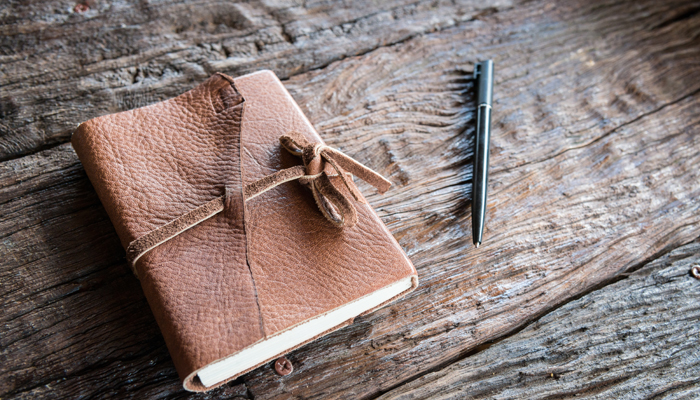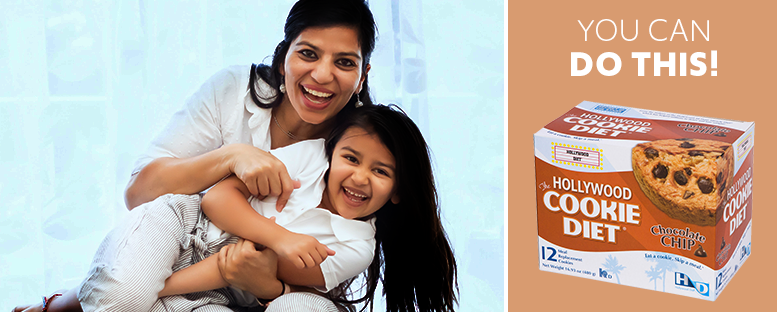A food diary is a tried and trusted tool many weight loss programs use to help track calories. Whether it’s a little notebook you keep in your pocket or an app on your phone, the point of these food diaries is to help you see just how much you’ve eaten (and how much you need to move to burn those calories off).
While the intent of the food diary is to help people lose weight, counting calories can have unintended side effects, like increasing your feelings of hopelessness and the likelihood of giving up on your diet.
Most experts now agree that calories should not be the focal point of modern food journaling. Instead, the practice should focus on helping you understand and restructure your relationship with food without creating feelings of guilt or being overwhelmed.
What and When
One of the positive outcomes of food journaling that can shock most of us is seeing just how much we eat outside of mealtime. Indeed, while our meals are the main contributors to our caloric intake throughout the day, the calories we consume outside of mealtime from sources like sugary drinks or small bites can really add up.
Those snacks we sneak from the break room at work, the little samples we snag while grocery shopping, the bite we steal from our kids or our significant other that can create those “mystery calories” we don’t otherwise account for. Keeping an accurate record of what you eat (and when you eat it) will help you understand how much you eat outside mealtimes.
How does that help you? If you find yourself eating more than you’d like outside mealtimes, you may want to replace one or two of your meals with a low-calorie option like The Hollywood Cookie Diet® meal replacement cookies [1]. You’ll get the nutrition you need and eliminate some calories to help offset that non-mealtime snacking.
Another option is to replace one or two days with fasting aids. The Hollywood 48-Hour Miracle Diet® [3] juice-based detox product packs a blend of six fruits, antioxidants, vitamins, and more. It helps reduce your caloric intake while delivering essential nutrients and resetting your body’s chemistry. You’ll get the micronutrients you need and eliminate a significant amount of calories to help offset that heavy snacking while turning on fat-burn mode internally.
Understand Why You Eat
Modern food journaling isn’t just about recording what you eat and when; it’s also about learning why you eat.
Experts understand that for many of us, overeating [4] is triggered by emotional or mental cues that we often don’t have a conscious recollection or understanding of. For example, how often do you reach for a candy bar during lunch after a stressful morning at work? How often do you eat more than you should on Friday night because you “survived” the workweek? How often do you snack for as long as you’re sitting in front of the TV? Do you “have to have” a snack before bed, or else it throws your sleeping pattern off?
Effective food journaling should include recording context surrounding the meals and snacks you’re eating as well as a description of what and when. This context can help you spot, understand, and possibly eliminate those subconscious triggers that may lead to overeating or eating when you’re not even hungry.
Mindfully Make Changes to Bad or Unhealthy Habits
To make lasting changes to your diet and create a healthier routine to keep you on the right track, you need to:
- Evaluate your current relationship with food
- Make mindful changes to that relationship
- Be aware that the process will take time and effort
- Reward yourself for successes
This modern approach to food journaling can help you do that. By thinking about when, why, and what you eat, you can begin to analyze your relationship with food [5] and make healthy changes. Journaling will also help you remember your progress so you can celebrate your achievements.
The key is not to think of journaling as a chore you have to keep up with. Think of it as an investment in your total health and well being.
Pro Tip: Having trouble actually keeping a food journal? Spend a bit of money on a nicely bound paper journal. The very act of writing can be therapeutic in itself. Some people even find the sound of pen on paper relaxing!

